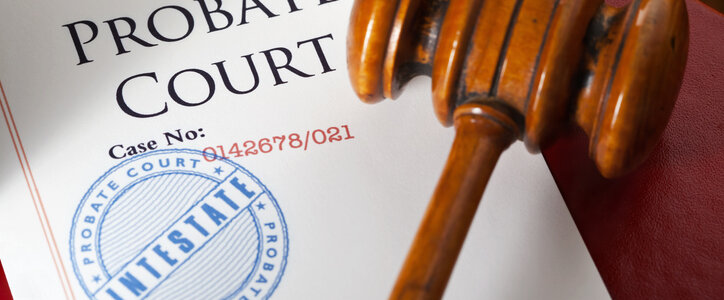A probate hearing can be intimidating if you’re uncertain about the process. What kind of questions will the court ask, and how should you prepare for them? Whether you’re managing an estate or are a concerned beneficiary, knowing what to expect can make the experience less stressful. From confirming the validity of a will to resolving potential conflicts among heirs, being prepared for these key inquiries can provide peace of mind during an already difficult time.
What Is the Purpose of a Probate Hearing?
A probate hearing oversees the legal process of administering a deceased person’s estate. The court’s primary role is to ensure that the will, if one exists, is valid and that the deceased’s assets are distributed according to their wishes or, in the absence of a will, according to state law. The hearing also addresses any outstanding debts or taxes, confirming that these obligations are settled before the distribution of the estate. Additionally, the court resolves disputes that may arise among heirs or beneficiaries, ensuring a fair and orderly settlement of the estate.
Common Questions You Might Be Asked
1. Is There a Valid Will?
One of the first questions the court will ask is whether a valid will exists. The court’s goal is to verify that the document presented is the deceased’s last will and testament. You may need to provide the original will along with any codicils or amendments. If no will exists, the estate will be considered intestate, and the court will distribute assets according to state law. This process can be more complex, especially if there are disputes among potential heirs.
2. Who Are the Heirs or Beneficiaries?
The court will seek to identify all heirs and beneficiaries entitled to inherit from the estate. You will need to provide a complete list of these individuals, including their relationship to the deceased. This step ensures that everyone entitled to a portion of the estate is recognized and that their share is accurately determined. The court may ask for additional documentation to verify the identity and claims of each heir.
3. Are All Debts and Taxes Paid?
Before distributing the estate, the court will confirm that all outstanding debts and taxes have been settled. This includes any remaining medical bills, credit card debts, mortgages, and final income taxes. You must provide proof that these obligations have been paid or, if not, explain how they will be handled. The court’s priority is to ensure the estate is clear of any liabilities before assets are distributed to heirs.
4. Are There Conflicts or Disputes Among Heirs?
The court will inquire about any conflicts or disputes among heirs or beneficiaries that could affect the distribution of the estate. If there are disagreements, such as challenges to the validity of the will or disputes over asset distribution, the court may intervene to resolve these issues. Addressing potential conflicts early can help prevent delays and ensure a fair resolution. The court’s goal is to ensure that the estate is settled according to the law and the deceased’s wishes.
How We Help You Prepare for Probate Hearings
At Unique Estate Planning, we understand that probate hearings can be stressful, especially when you’re unsure about what to expect. That’s why we’re here to guide you through every step of the process. Our firm helps you prepare by thoroughly reviewing all necessary documents, such as the will, financial records, and any debts or taxes owed. We also assist in gathering and organizing the required information about heirs, beneficiaries, and the estate’s assets.
Beyond document preparation, we provide clear guidance on what to expect during the hearing itself. We’ll walk you through the likely questions the court will ask and help you craft accurate and concise responses. If there are potential disputes or conflicts among heirs, we work with you to address these issues before the hearing, aiming to minimize complications. Our goal is to ensure you feel confident and well-prepared.
What to Expect During the Hearing
During a probate hearing, the court will review key aspects of the estate to ensure everything is in order. You can expect to be asked questions about the validity of the will, the identification of heirs and beneficiaries, and whether all debts and taxes have been settled. If there are disputes among heirs, these may also be addressed during the hearing. The process is typically straightforward. The hearing is necessary to ensure the estate is properly administered.
Let Unique Estate Law Help You with the Probate Process
At Unique Estate Law, we provide personalized support to guide you through every step of the probate process, ensuring all legal requirements are met. Our experienced team is here to help you navigate any challenges that arise. Contact us today for a consultation, and let us assist you in managing your loved one’s estate.


